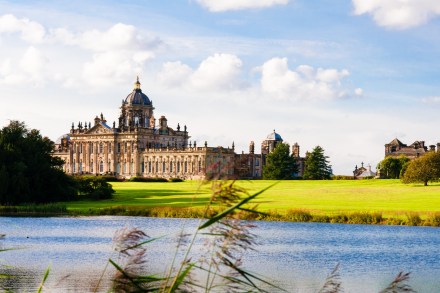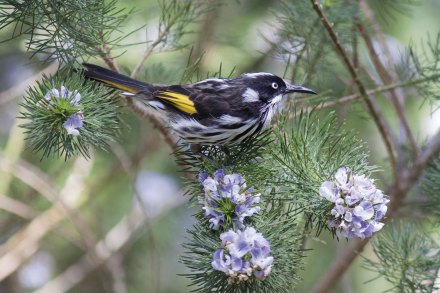Greco-Roman civilisation has dominated ancient history for too long
What have the Akkadians ever done for us? As it turns out, rather a lot, as Philip Matyszak reveals in this lively, handsomely produced study of peoples and tribes whose PR departments were a smidgeon less muscular than the Romans’. Their obscure names are woven into our language: we sing ‘Land me safe on Canaan’s side’; we talk of oligarchs as ‘rich as Croesus’; we quote the Assyrian coming down ‘like the wolf on the fold’; and the aesthete’s go-to insult, ‘philistine’. Their stories, however, are not, and this book attempts to fill in the gaps. Given the scale and general lack of evidence, there’s a broad-brush approach; but this




















